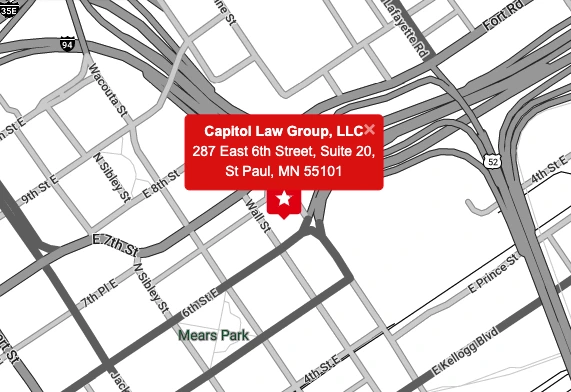Five Drug Crime Search Warrant Exceptions

In the 1960s, Supreme Court justices issued a number of criminal law decisions that upheld the rights of defendants, specifically with regard to the Fourth Amendment’s search warrant requirement.
But beginning in the 1970s, a generally more conservative Court carved out a number of search warrant exceptions. Sometimes, these exceptions were so broad that they swallowed the search warrant rule.
Fortunately, in a pair of recent decisions, the Supremes drew the line. The Justices ruled that officers needed search warrants to go through a person’s cell phone (2014’s Riley v. California) or forcibly extract a DUI blood sample (2016’s Birchfield v. North Dakota).
Search warrant exceptions are very common in drug possession cases. A good St. Paul criminal defense attorney knows how to break down these exceptions and challenge them in court. If a judge excludes the drugs, the entire case typically collapses.
Consent
Most drug possession searches occur either in vehicles or residences. SInce people have a reasonable expectation of privacy in these places, the search warrant requirement clearly applies. But if the owner waives that right, police may search the car or apartment at will.
It’s impossible to limit the scope of a consent search. Once he owner gives officers permission to search, they may quite literally tear the dwelling or automobile apart during a search for contraband.
Ownership may be an issue. The consenting party must have actual or apparent authority to give consent. In other words, the person must either be the owner or act like the owner. Officers cannot keep asking different occupants for consent until one of them finally says “yes.”
Furthermore, the consent must be voluntary. In some cases, officers can threaten to detain occupants until they obtain warrants, but courts only allow that intimidattion in a few situations. And, they never allow officers to cross that line.
Plain View
If officers lawfully pull over a motorist or enter a dwelling or business, they may seize any contraband they see in plain view.
Partial plain view situations are a problem. If officers see plants in the distance, they cannot assume they are marijuana. Or, if officers see part of a baggie protruding from under the bed, they cannot assume the baggie contains drugs.
Substance identification may be an issue as well. Cocaine looks like powdered sugar, heroin looks like laundry detergent, and so on. If an officer did not have a compelling reason to believe the drugs were in fact drugs, a St. Paul criminal defense attorney may be able to get the case thrown out of court.
Pat-Down Searches
Before they stop individuals on the street and ask them to “assume the position,” officers must have reasonable suspicion of criminal activity. But that’s a very low standard. For example, if a person walks out of a place that serves alcohol, an officer probably has reasonable suspicion to believe that s/he is drunk in public.
But a pat-down is not a strip search. Officers must identify drugs by the way they feel. A gun feels like a gun and a knife feels like a knife. But a rock of crack often feels like a Tic-Tac and a marijuana stash sometimes feels like a wad of bills.
In this area, and in other search warrant exception situations, prosecutors cannot work backwards. They cannot argue that since the warrantless search produced drugs, the officer must have had reasonable suspicion. Each search must stand or fall on its own.
Exigent Circumstances
This exception is sometimes called the safety check rule. Assume an outdoor party gets too noisy and a neighbor complains to the police. When officers arrive in response to a “disturbance call,” they may conduct a sweep to make sure everyone is okay. While they are there, the may also pat down any suspicious characters and seize any contraband they see in plain view.
The scope of the protective sweep may be an issue. For example, if officers respond to an outside disturbance call, they may not have the authority to look inside the house.
Automobile Exception
The oldest search warrant exception goes all the way back to 1925. If they have probable cause to do so, officers may search vehicles without obtaining search warrants. According to the Supreme Court, probable cause exists if “the facts and circumstances within the officers’ knowledge, and of which they have reasonably trustworthy information, are sufficient in themselves to warrant a belief by a man of reasonable caution that a crime is being committed.” That’s a very subjective definition which benefits St. Paul criminal defense attorneys.
In the 1980s and 1990s, the Surpeme Court limited the automobile exception even more. Essentially, the defendant must be able to drive away before officers can search the car. If they have detained the defendant, that’s probably not the case.
Rely on Experienced Lawyers
Drug possession cases often hinge on a search warrant exception. For a free consultation with an experienced St. Paul criminal defense attorney, contact Capitol City Law Group, LLC. Go online now, call us at 651-705-8580, or stop by 287 6th St E, Suite 20, St Paul, MN 55101.




